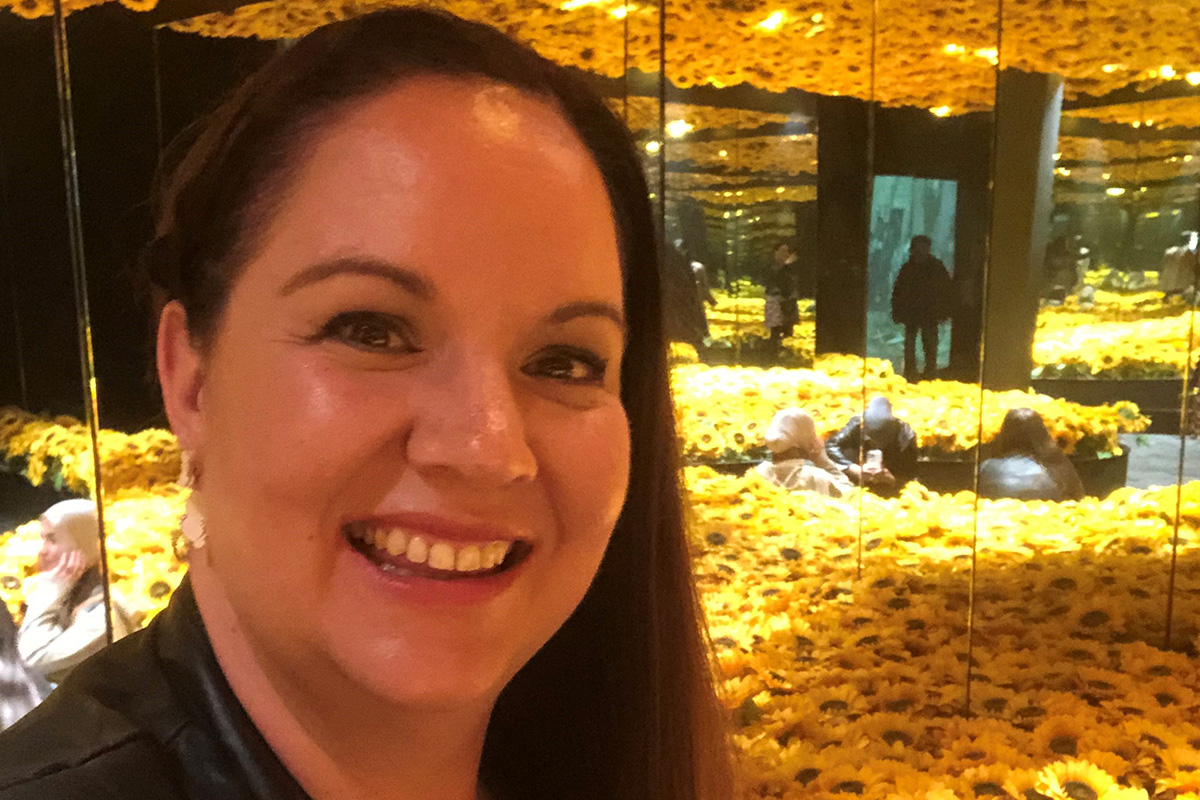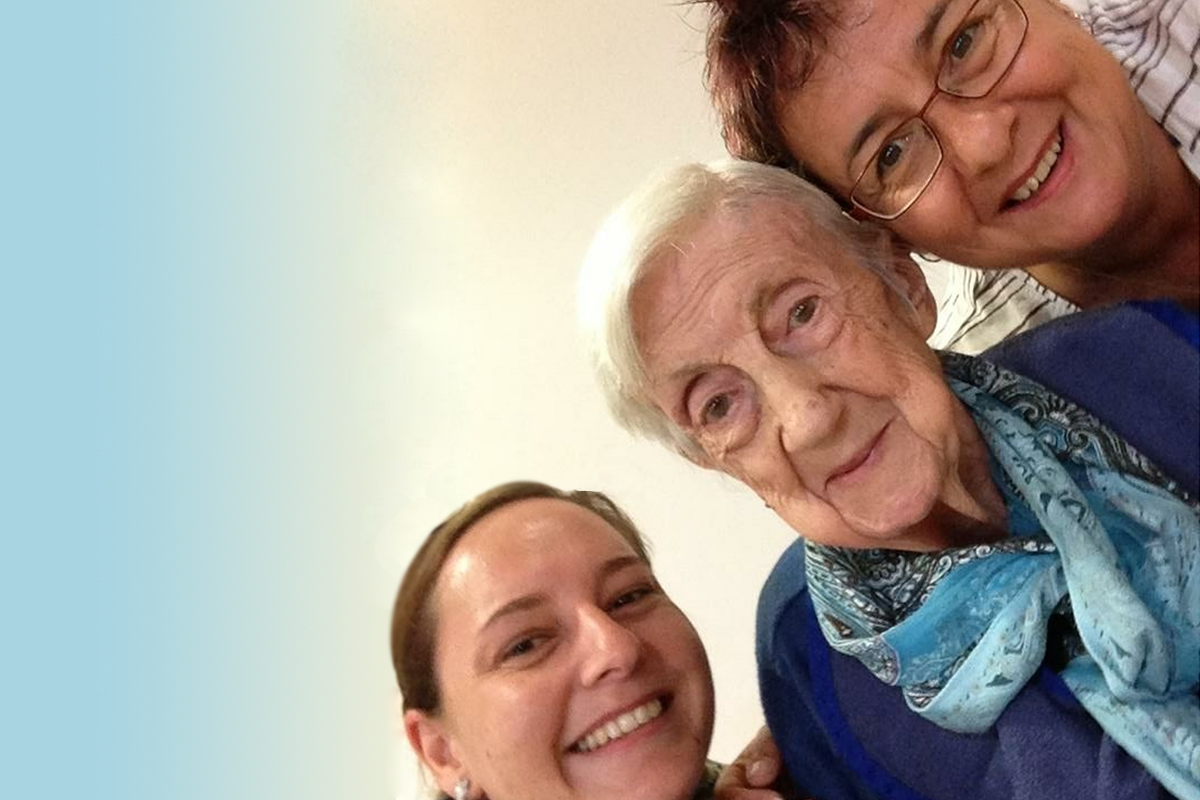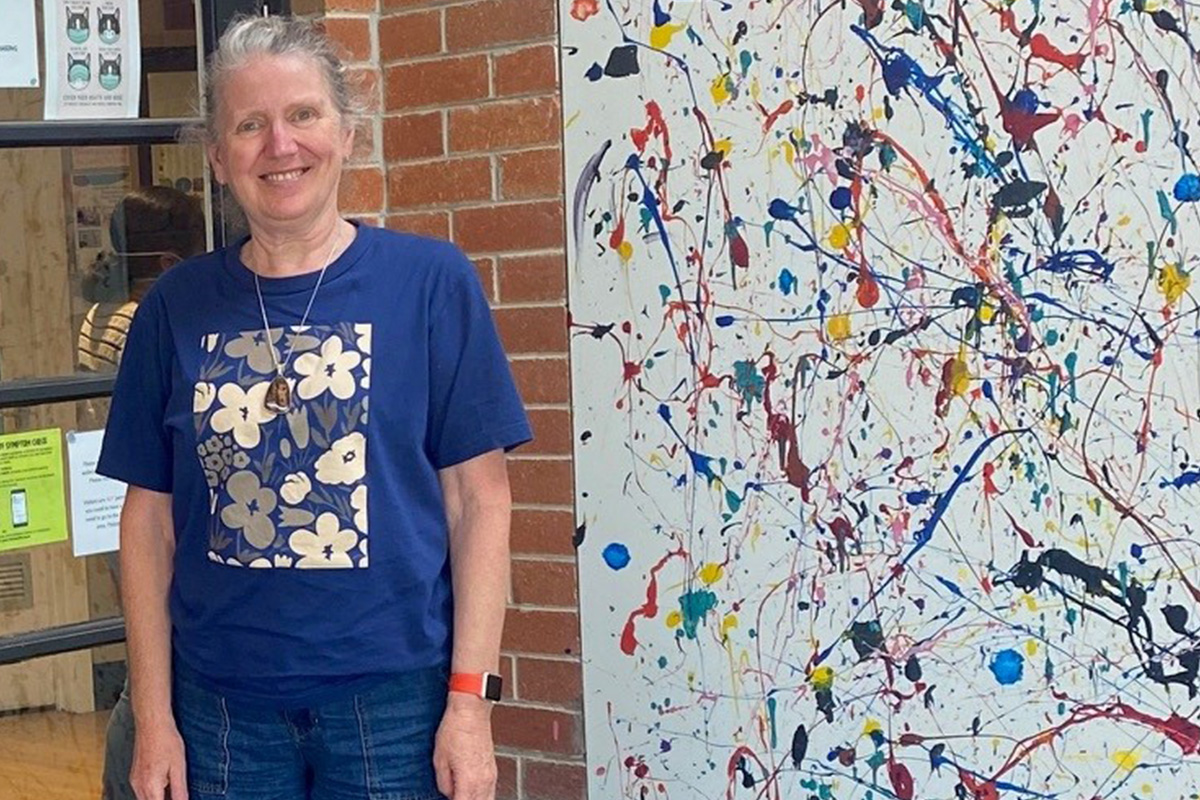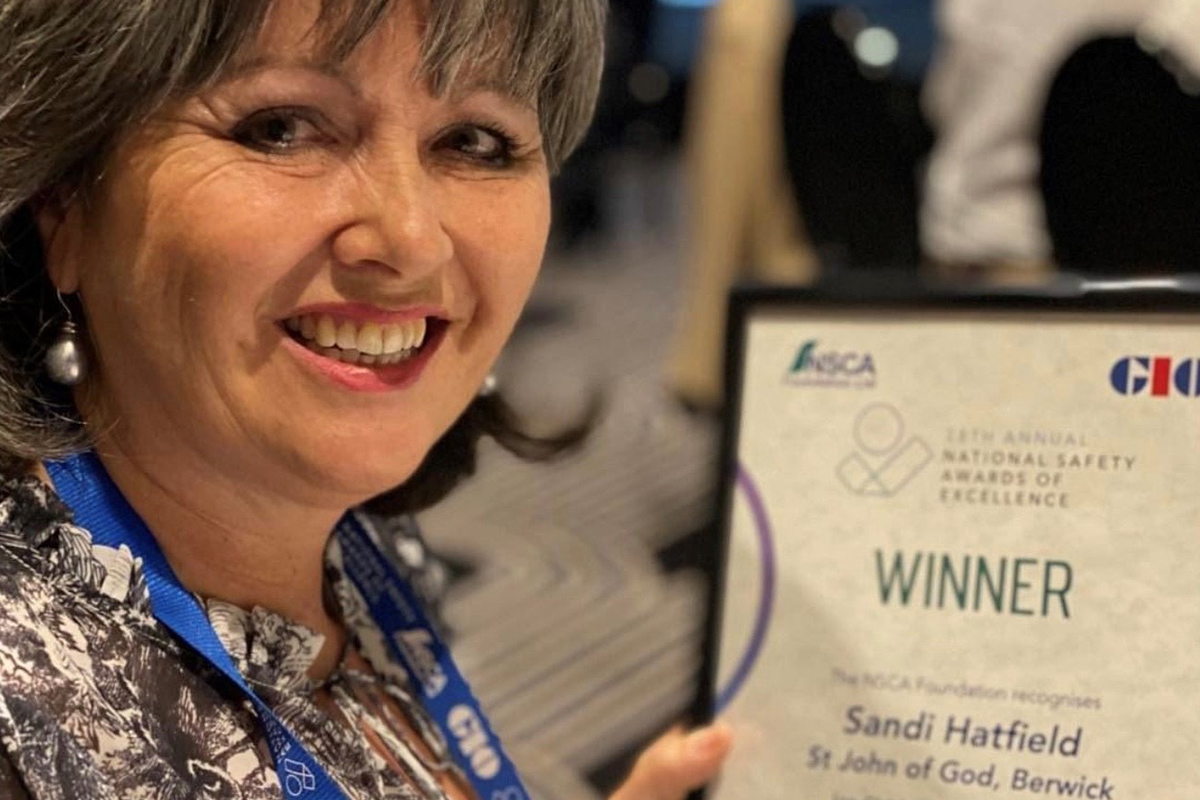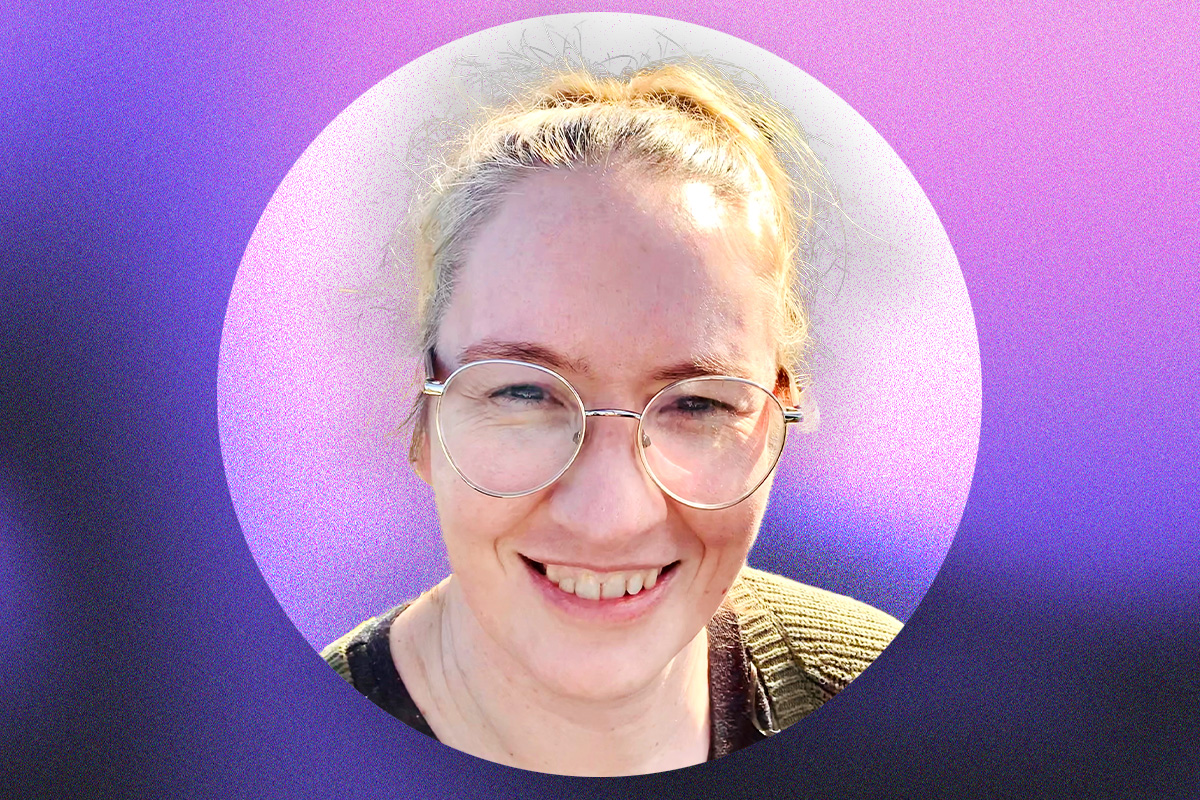
When she was younger, Bernadette Carey wanted to be a firefighter. Her first responder dreams eventually evolved into ‘the healthcare and caring professions’ and she is now a nurse working for Victoria Police.
It took a while to get here, though. Bernadette didn’t begin her nursing career until she was in her 30s, seeing it then as a strong health and caring career choice for both opportunity and stability. She had no idea at the time that nursing within law enforcement was one such opportunity, and was initially attracted to emergency care (those childhood firefighting dreams may have played a part!).
Bernadette studied nursing in Western Australia but found the graduate opportunities limited. ‘So if you even got a graduate year you had to be happy with what you got,’ she says. Bernadette got plastics and geriatrics.
‘This wasn’t where I envisaged my career,’ she says. ‘But the skills I learned there still help me today.’
They initially helped when she did get into emergency care, and were also beneficial after moving with family to Victoria and taking a telehealth position ‘working from home before COVID was a thing’.
Of course, COVID was a thing and like many people in the immediate depths of the pandemic, Bernadette found herself seeking change. Literally: she found a job ad for Victoria Police correctional services nurses while browsing seek.com.au, and was intrigued enough to apply. She got the job and began in October 2020 – during Melbourne’s second lockdown.
The role synthesises all of Bernadette’s prior experience – in emergency and telehealth especially – into work she finds occasionally challenging but extremely rewarding.
Custody centre, police stations and telehealth
‘There’s three distinct roles that we do at VicPol,’ she explains. ‘We’re in the custody centre in Melbourne, which houses up to about 60 people underneath the courts. We visit police stations in metropolitan and regional areas, which is like taking service to the door. And we do telehealth.’ On any given day, Bernadette could find herself working in just one area, or all three.
When she started with the police, one of the custody centre’s cell blocks had been designated as an isolation area. ‘Anyone who was symptomatic or had COVID was housed in there,’ Bernadette recalls. ‘It was quite challenging as the prisons were holding people for 14 days in isolation on arrival, which meant that movement into the prison system was very slow’, regardless of whether people had COVID or not.
‘It was taking up to and over two weeks, which isn’t optimal for anyone given that there’s lack of movement around the cells and no external time. So people’s mental health started deteriorating, and we had extra challenging behaviour resulting from that.’
When visiting police stations, Bernadette and her colleagues check on anyone who’s been in custody for more than 12 hours, giving any required medications and treating withdrawal symptoms (if present) among the care they provide.
The telehealth side of the role involves taking calls from police members or custody officers who are concerned about the health of people in the cells, or concerned about their own health – for instance, if they’ve received a sharps injury.
‘Simultaneously we’re receiving risk assessments that the police members or the custody officers fill out. They have health screening questions on there, and we sometimes need to follow up to get a bit more background information about a person’s injuries, as that that side of things is not always clear.’
Combining healthcare and law enforcement
With the nature of this work combining healthcare and law enforcement challenges – especially during lockdowns – Bernadette stresses the importance of having a good rapport with her colleagues, and a sense of humour to keep things lighthearted where possible, as essential to looking after her own health and wellbeing.
But at the end of the day, it’s the opportunity to make a difference, and to help people – especially those who may have fallen through society’s cracks – that makes the work so satisfying for Bernadette. ‘We see a lot of people coming in with mental health issues, who have just fallen out of the community teams and may not necessarily have been in custody otherwise,’ she says. ‘It can be a bit disheartening that they come to us at crisis point, but it’s so rewarding to be able to help them at that point.’
Bernadette has recently taken on a Health and Safety Representative role for her area, and has been offered other opportunities for career growth and job satisfaction as well – including attending an Indigenous mental health and suicide prevention conference recently in Cairns. ‘Such opportunities help us and they also help people that are coming into custody,’ she says.
Ultimately, being able to help and to make a difference is what drives Bernadette in her career, and life, more generally; and what makes the work so satisfying for her.

